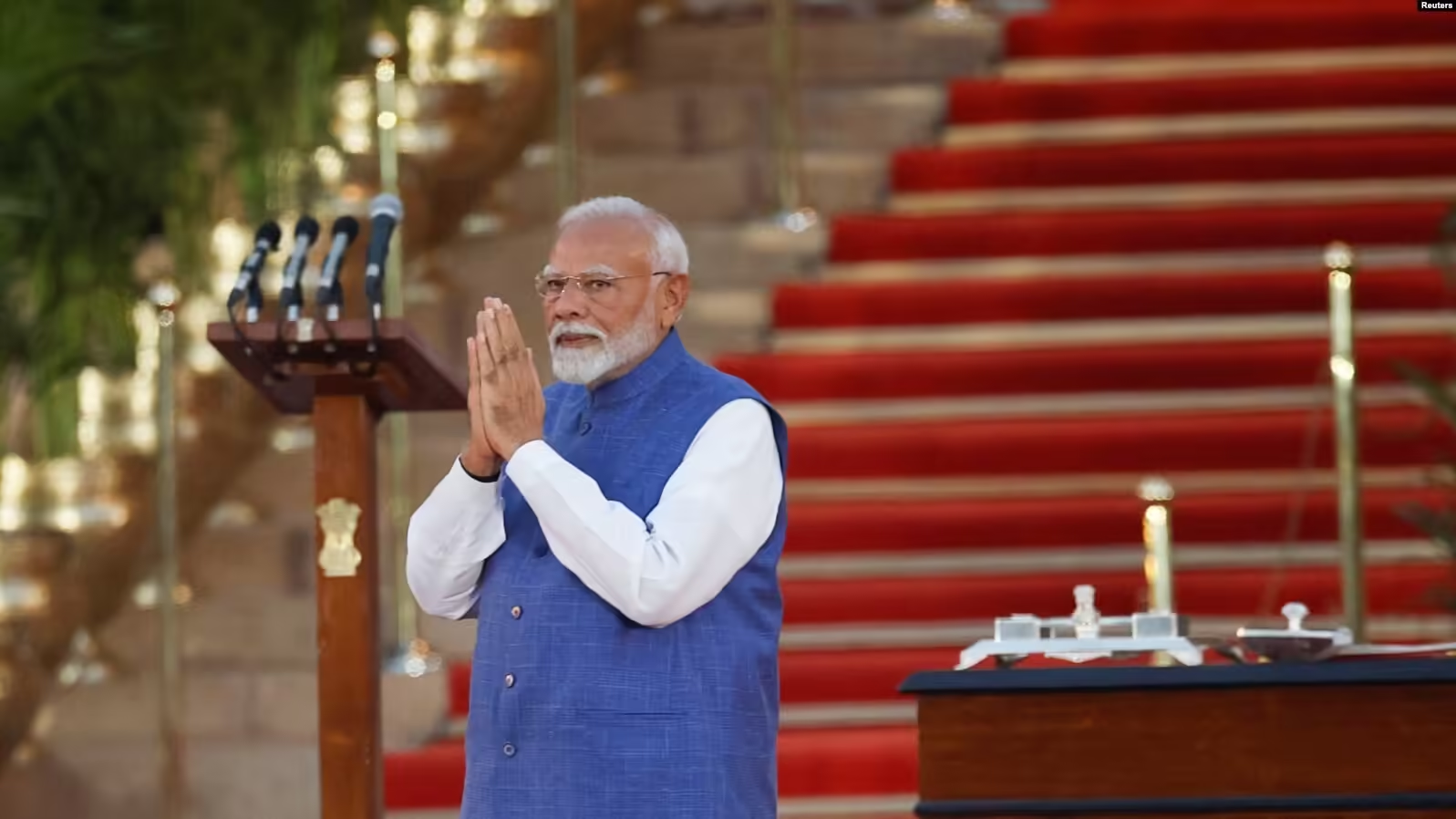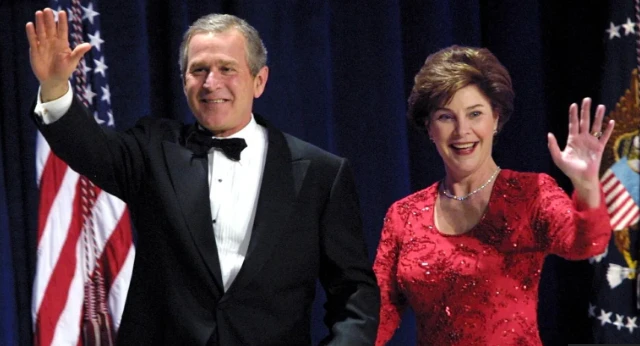Muslims in India are feeling more secure about their future after last month’s national election, where Prime Minister Narendra Modi’s BJP failed to win an outright majority in parliament, forcing it to form a coalition with other parties.
Before the election, there were deep concerns among Muslims that the Hindu nationalist ruling party would achieve a landslide victory, allowing it to pursue policies that could further marginalize the Muslim minority.
However, with the BJP constrained by its election setback and the influence of its coalition partners, many believe those concerns are unlikely to materialize.
“Since the beginning of Modi’s first term in 2014, Muslims were targeted with unprecedented humiliation, disenfranchisement, and brutality by both state and non-state actors. BJP leaders openly described Muslims as traitors and threats to Hindus,” said Rohit Chopra, an associate professor at Santa Clara University.
Videos and reports from the recent election show long lines of voters, suggesting high turnout and engagement. This election outcome has led many observers to believe that the BJP will not be able to target Muslims as aggressively and openly as before.
Since Modi rose to power in 2014, he has promoted a Hindu nationalist vision, leading to complaints of persecution and discrimination from India’s more than 204 million Muslims. In many BJP-ruled states, thousands of Muslim houses and shops were demolished under accusations of minor crimes, and hundreds of Muslims were lynched by right-wing Hindu groups over allegations related to cows and beef.
Rights groups argue that Muslims in India face discrimination and hate attacks due to their faith, but Modi has denied such claims, asserting that his government does not discriminate based on religion. In March, Modi’s government enacted a controversial citizenship law that critics say discriminates against Muslims by excluding them from fast-tracked citizenship.
The Modi government has also been linked to the proposed National Register of Citizens, which many fear is designed to label Indian Muslims as illegal foreigners. Additionally, there has been talk of introducing a uniform civil code, which Muslim leaders argue would marginalize their community.
During the recent election campaign, Modi and his party were accused of hate speech and anti-Muslim rhetoric. However, the election results have led to a sense of relief among Muslims.
The BJP now relies on coalition partners, many of whom are secular and have support from Muslims. These partners are expected to oppose any hardline anti-Muslim policies. Apoorvanand, a professor at Delhi University, noted that the election results have brought some relief to Muslims, with the hope that anti-Muslim laws and practices will become more difficult to enforce.
Somdeep Sen, a professor at Roskilde University, added that India’s Muslims have reasons to feel relieved but cautioned that the cultural shift towards mainstream Islamophobia, which has been normalized over the past decade, will not be easily reversed. Even with coalition partners, Modi’s government is unlikely to completely abandon its previous stance.
Overall, while the political landscape has shifted, challenges and concerns for India’s Muslim community remain, albeit with a cautious optimism for a more inclusive future.


